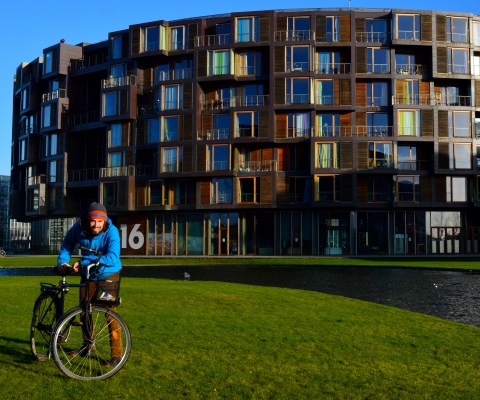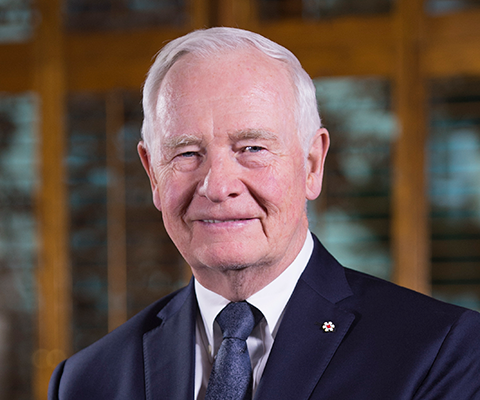Make your future brighter: Study abroad

This article was published in Le Soleil on October 13, 2018
By François-Olivier Picard, member of the Prime Minister’s Youth Council
As students return to campus for the school year, I can’t help but think about how I felt attending my first classes in Université Laval’s Palasis-Prince building five years ago. It was all new: the bus route, the friends, the connections. It was a whole new life. What excited me the most, however, was the opportunity to study abroad. The experience I had in Chile was so rich, both personally and academically, that I enthusiastically signed up for another session, this time in Copenhagen.
Many would argue that life is only worth living if we seize opportunities, create unforgettable moments and grow. It’s certainly a philosophy that I ascribe to. I have only good memories from my time in the Copenhagen student residence, where I celebrated my 22nd birthday with friends from around the world. To this day, I’m thrilled that I had the chance to immerse myself in cultures different from my own. The ability to create sustainable links with people through all kinds of shared experiences will certainly help me navigate a world where adaptability and cross-cultural understanding are in demand. After all, isn’t that what life is all about?
We learn a lot at university, but international experiences can shape us in other, equally important ways. In a report published in 2017, the Study Group on Global Education stressed the fact that going abroad to study acts as a social and economic equalizer, especially for students from less-advantaged backgrounds. Let’s not diminish that.
Whether we recognize it or not, we all live in our own little silos made up of people just like us and who share the same values. Living in a foreign setting for a few months is the perfect way to expand our mindset, figure out what we stand for and create a new social circle. Students who come back from sessions abroad are much more mature and open to new ways of learning. For instance, while in Copenhagen, I discovered that Denmark takes a humanistic approach to public education. Danish students don’t write exams; rather, they submit one term paper per course which counts as their total grade. As someone used to the Quebec education system, that was a pleasant surprise!
There’s no denying that the world is changing. In the future, international learning experiences will be considerable assets to employers. By 2050, as PricewaterhouseCoopers noted in a report, six of the world’s seven largest economies will be emerging economies, and over 50 per cent of global GDP will be concentrated in Asia. Canadians need to be prepared for the economy of tomorrow.
It is therefore all the more relevant to heed the Advisory Council on Economic Growth’s conclusion that young people who acquire work experience in different cultures — particularly in emerging markets — will have a significant advantage over the competition. Global competencies like cultural awareness, multiple languages and adaptability will be in strong demand by employers.
These days, our university campuses are more multicultural than ever. For example, there are some 7,000 international or permanent resident students at Université Laval who account for 14 per cent of the total student population. On the flip side, only 11 per cent of Canadian undergraduate students are choosing to study abroad during their degree.
Considering the many benefits students gain from experiences abroad — like a holistic understanding of the world they are living in, which will certainly increase their chances of success back home where we are increasingly turning outward — it is surprising that so few take advantage of the opportunities available to them.
I strongly support the efforts being made by Canadian universities and their partners to raise the ratio of students studying abroad to 25 percent within 10 years. Canada’s first Youth Policy, which is currently being developed, will give us a unique opportunity to reach that goal. It’s time to find ways to promote these kinds of life-changing experiences, ones that are essential to Canada’s future success.
-30-
About Universities Canada
Universities Canada is the voice of Canada’s universities at home and abroad, advancing higher education, research and innovation for the benefit of all Canadians.
Media contact:
Lisa Wallace
Assistant Director, Communications
Universities Canada
[email protected]
Tagged: Study abroad
Related news
-

BCDI 2030 launches second round of funding for scholarship projects for study in Canada
-

There’s wider economic sense in helping young people get overseas experience
-

Johnston: Let's boost international education for Canadian students
-

International education leaders convene, discuss Canada as a global study destination
